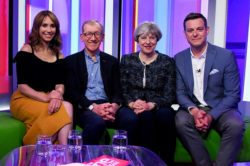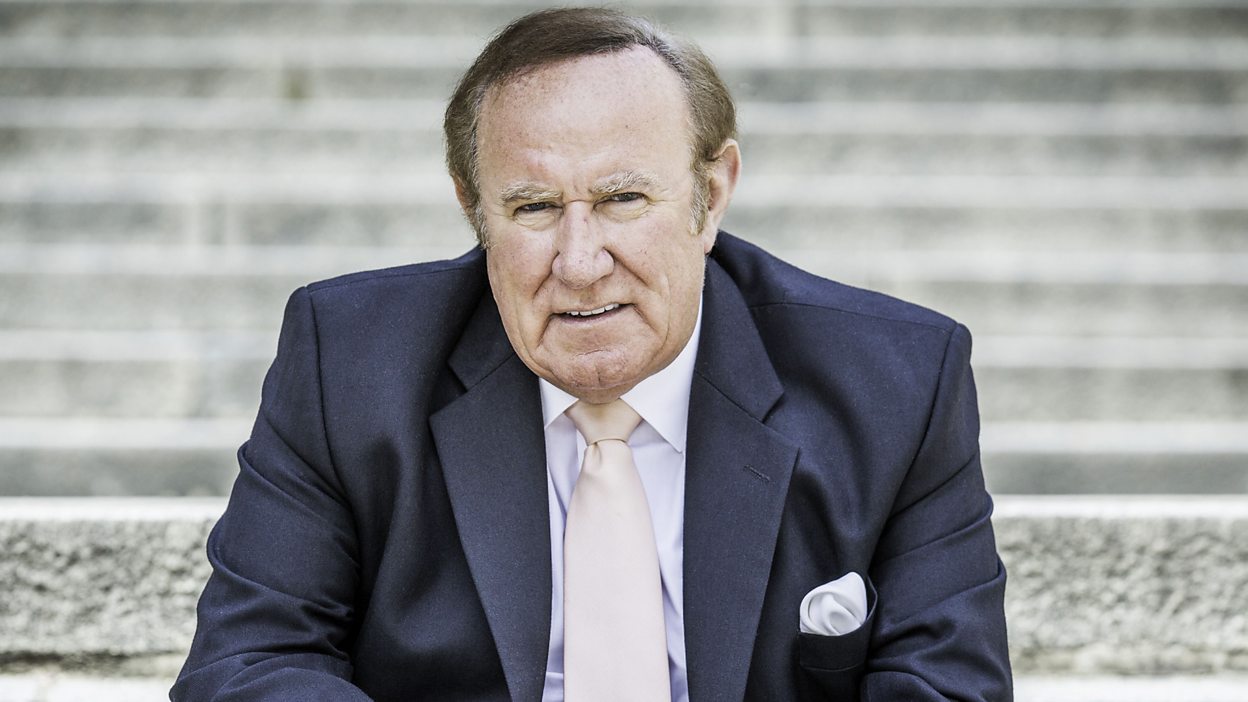Is there a right way to interview politicians?
TV may have played a larger role than usual in this General Election, with the question of debates in the air throughout. The party leaders were on television loads during the election, with different degrees and types of scrutiny offered – is there a ‘best’ way to interview politicians?
Arguably the worst is the very soft interview, as exemplified by Theresa May and Jeremy Corbyn’s appearances on The One Show. May was slated for the easy round of questioning she and her husband faced, with viewers furious that she wasn’t taken to task on any of the big issues (the same viewers had the exact opposite view of Corbyn’s turn, of course, loving it when he was asked about manhole covers).

Theresa May and her husband Philip on The One Show Credit: BBC/The One Show
Just above this is the ‘no’ interview. On Channel 4’s leaders’ debate, Jeremy Paxman took a bizarre line of questioning with Corbyn (quizzing him about whether the Labour manifesto was a reflection of his own views) and then shouting over him as he tried to answer, rendering the point of an interview null and void anyway. Paxman used to be ferocious, but he seems to have lost his bite. It’s not only interviewers who do it – you’d have been lucky during the seven-way leaders’ debate if you could have made out an answer in the shouting free-for-all.
Perhaps these professional interviewers should take a note from the viewing public. They’ve been ready and eager to ask the hard questions, putting the politicians on the back foot with their bluntness (a fate that befell every leader in the special editions of Question Time). The politicians struggled most when faced with people who are/would be hit by their policies (May and Nicola Sturgeon were both taken to task by nurses on health, for example).
It’s a running joke that politicians never answer a question
That’s why I am appreciative of Andrew Neil. One of the BBC’s few unbiased reporters, Neil asks the tough questions and pushes a politician until they answer, berating them if they refuse to do so. During the campaign, the BBC aired interviews between Neil and the five main party leaders, in which each leader was subjected to hard and yet fair questions. Neil is an example of the Beeb as it should be – not allowing its prejudices to get in the way of doing a good job.
Now, I appreciate that there is a time for the fluff interviews, and it’s easy to forget that politicians are only human. Even so, why open yourself up to scrutiny if all you’ll get is a puff piece, or a friendly going-over by a sympathetic journalist? It’s a running joke that politicians never answer a question – a good interviewer shouldn’t let that be the case.

Comments